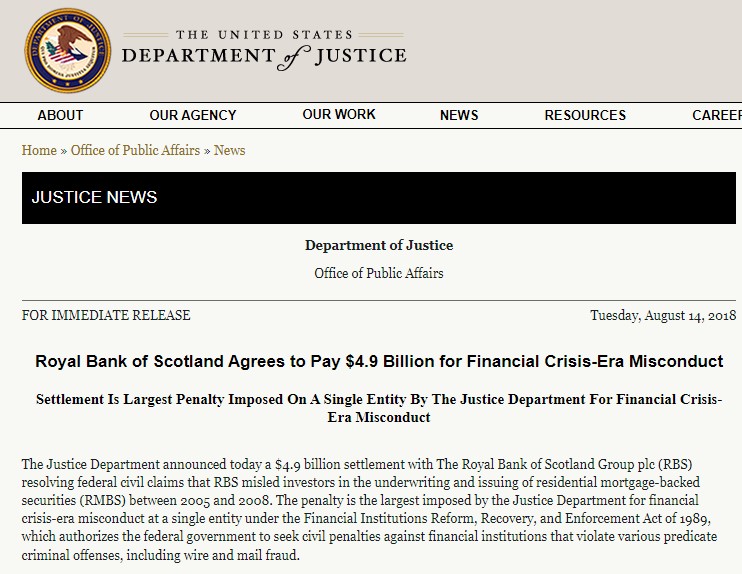The Financial Action Task Force decided to add South Africa and Nigeria to the so-called “grey list” of countries that will be required to implement stricter surveillance on citizens before getting rubber stamped by the unelected bureaucratic cabal who think they have the right to dictate how people exchange money.
Being grey listed will have a real impact on the ability of South Africa and Nigeria to raise foreign capital. The move, it seems was incited not because FATF identified money laundering activity, but because the task-force was not content with the lack of surveillance the two countries have on their citizens. In other words, a supernational alphabet salad of an agency, which has been undemocratically thrust upon normal people, is gaining influence over domestic financial systems without any discussion or involvement of the citizens in said countries.
Throughout the years, there’s been a growing emphasis on anti-money laundering and know-your-customer laws. These laws present themselves as consumer protection mechanisms. In truth, they are anything but. In fact, these rules have been proven to stop 0.1% of money laundering transactions or less, per UN numbers. That’s effectively a rounding error. In other words, AML/KYC laws are not fit for purpose. And indeed, how else should one judge the worthiness of laws if not by their results? If I am employed to do a job and fail in my execution, I am cut out of the workforce. Why is it that regulators think this feedback loop doesn’t apply to them?
That’s not all, these laws are also extremely bad for normal people. Data collection and storage of sensitive information eventually ends up getting exploited or stolen via security breaches, which causes direct financial harm to users.
Looking at every financial transaction in order to find crime doesn’t work.
It’s like if police were looking for a murderer, so they stopped every single car on the road to check if anyone inside was a murderer.
– @KatTimpf #CatoEcon pic.twitter.com/vrv3aSrYU1
— Kat Murti (@KatMurti) February 27, 2023
Throwing around blanket laws and statements that do nothing to fix the gimmick that is ‘anti-money laundering’ makes no sense. For some reason, this emphasis on AML/KYC has failed to have any material effect in stopping real criminals from committing crimes. Just like the head of the ECB, Christine Lagarde, FATF and their public-private shills have established themselves in finance by failing upwards. That’s not all, they’re also intent on doubling and trebling down on incompetence.
This should be a clear signal to anyone with a brain and the will to use it that ‘guidelines’ are invariably a prelude to becoming mandatory red tape, echoed and pushed by regulators who clearly aren’t trying to protect consumers. Instead, their efforts are geared towards protecting incumbents, consolidating power and stamping out normal people who aren’t politically connected from seeking financial freedom.
Of course, it’s far easier to control monetary and financial rails if only a small group of players are in the arena. This is aided through inheritance of large financial empires via the endless gerontocratic state, which are fine with paying legal fees that come with getting over the ever-increasing bar of compliance (that provably has zero material efficacy).
This means it’s a racket.
Make no mistake, Bitcoin and cryptocurrencies are a major threat to incumbents’ ability to keep this kind of control. If more and more people take ownership of their own private keys, and Bitcoin adoption simply continues its current trajectory, they will lose control.
Barely a year ago, the FATF pushed its so-called guidelines for “digital assets”, in which they expressed their intent to force the travel rule compliance on “unhosted wallets”, which would have meant that users would need to share personally identifiable information when downloading a bitcoin wallet. This isn’t the last time we’ll hear about the encroachment on privacy. And indeed – the entire premise is fully at odds with properties of physical cash, i.e. legal tender.
The pushback against these ill-minded and ill-fated laws comes primarily in the form of technology and its adoption. In fact, open-source, peer-to-peer and encryption-based software projects are the final frontier for publics everywhere. Despite plutocratic governmental efforts to ban open-source projects, public infrastructure companies continue to innovate. The irony isn’t lost on them that normal people outside government do more for the public good than they’ve ever done in their entire career. Regardless, they will deride every single one of us pushing back. They will label us ‘extremists’. They will cheat, lie and promote false narratives through legacy media mouthpieces, hoping that the general public is too busy with Netflix to notice. This is hubris.
At the risk of sounding like a revolutionary, the simple truth is that they are few, and we are many.

When the time comes, one need only hold up a mirror to these deceivers and remind them that the worst perpetrators of money laundering are the most ‘compliant’. How many billions in fines for fraud and money laundering are paid by Deutsche bank, RBS, HSBC and many others on a yearly basis? Where are all the billions of Dollars and Euros sent to Ukraine going? And why have the fines for fraud paled in comparison to the profits they made when these crimes were committed? Could it be that this public-private relationship is a fraud-ridden wheel of fortune for politically connected insiders and scammers alike, government and all?
Join the telegram channel for updates, charts, ideas and deals.
Did you like the article? Share it!


